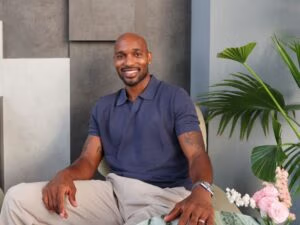More Americans are opting for a “rent-first” lifestyle, choosing to rent everything from cars and clothing to furniture and even funeral caskets, according to a report by Intuit Credit Karma. This trend is driven by affordability concerns, the desire for flexibility, and a growing interest in avoiding overconsumption, particularly among millennials and Gen Z.
The report found that 28% of adults routinely rent goods and services, a figure that jumps to 47% when housing is included. The rental market has expanded beyond traditional items like tuxedos to include power tools, musical instruments, designer handbags, and baby gear. Higher prices and the convenience of renting are pushing more people to consider this lifestyle.
Financial experts like Carolyn McClanahan, a certified financial planner and founder of Life Planning Partners in Jacksonville, Florida, emphasize the importance of evaluating whether renting or buying is more cost-effective. For example, while renting clothing for special events can be practical, owning a few high-quality pieces may be more economical for frequent use. Clothing prices have risen significantly due to inflation, with men’s apparel up 15% and women’s up 13.3% since July 2020, according to the U.S. Bureau of Labor Statistics.
When it comes to cars, McClanahan suggests that leasing might not always be the best choice financially. Although lease payments can be lower than loan payments, buying a car often costs less over the long term, especially for those who keep their vehicles for several years. Car leases may include services but also come with mileage restrictions and potential penalties for wear and tear. Ultimately, owning a car builds equity, which can be beneficial in the long run.
Housing: Renting vs. Buying
Housing costs represent the largest expense for most people, making the decision to rent or buy a critical one. McClanahan advises renting unless you plan to stay in a home for at least five years. This approach is especially relevant for millennials, who are more likely to delay marriage and family planning, giving them the flexibility to relocate for career opportunities.
Dottie Herman, vice chair at Douglas Elliman, notes that while millennials do value homeownership, they are more open to renting as they weigh their options. “They believe in homeownership but now there is a choice,” she said, adding that many prefer to rent initially and decide on buying later, once they are more settled in their personal and professional lives.
Overall, the trend towards renting reflects a shift in priorities, with more people valuing flexibility, cost savings, and the ability to adapt to changing circumstances over the traditional notion of ownership.





